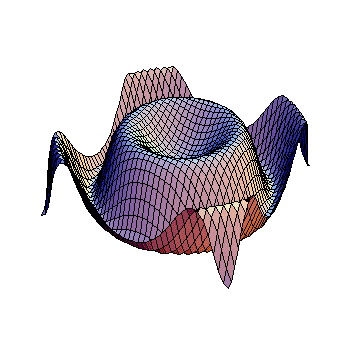Question #07091
1 Answer
The integral is represented by the following series:
Explanation:
It means that there isn't a function that's made of a finite combination of addition, sum, multiplication, division, exponentiation, logarithms and trig functions.
To prove it doesn't have a closed form requires some more advanced mathematics.
That said, you can get an integral if you use the series representation of the sine.
We know, from the Taylor series of the sine that
for every real value of
So, we have that
From

